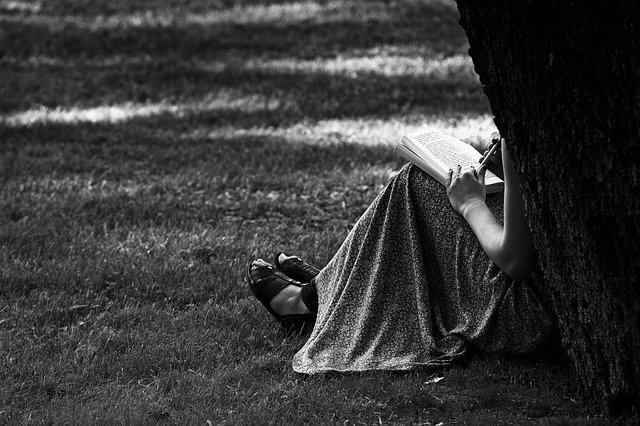Exploring the Depths and Mysteries of the Hermit tarot card
Hermits, Magic and Mysticism
Magic and mysticism conjures up all kinds of ideas ranging from the romantic to the absurd. Picture the magician in his robes, and magical weapons reciting some incantation over dreadful potions made from recipes found on on-line grimoires, and making sacrifices, desperately hoping he does not make a dreadful mistake in the conjuration in case the spirit will take him to the Abyss and Beyond. You may imagine a witch in the Sacred Grove calling on the spirits. Or there is the urban shaman, playing techno music, having ingested illegal substances, as he meets his suitably gothic power animals for a powwow.
On the other hand, the Mystic will be looking out from his mountain top or deep in the jungle, or other inaccessible place, being fed by the local populace out of a mixture of fear and reverence. His clothes filthy, but he cares not. For me, the Monty Python ‘Life of Brian’ image of the Hermit comes to mind – Michael Palin hopping around, with wild staring eyes and straggly beard uttering inanities.
There. I have done the stereotypes. What do we as Tarot Readers have magically? I suspect some of us have dabbled in the magical arts in some form. There are plenty of books on Tarot and Magic(k) usually based to a greater or lesser extent on the fabulous legacy from that great repository that is the Golden Dawn. We also have our visualisations, where we project through a tarot card into some inner world where we can meet the spirits. We can Pathwork on the Tree of Life as a solitary pursuit, or in a group meditation.
The truth is, ‘Real’ Magicians seem to have an air of superiority when they view Tarot Readers who dabble in the black arts – nobody takes us seriously. As for mysticism, who talks about that, much less does it?
Do we need magic and spells?
Plenty of Tarot Readers throw their arms up at magic and spells. These things are unethical, surely? So then we get into semantics. What is the difference between Black Magic and White Magic? Pagans have the answer: “Harm None…”. The cynics among us no longer marvel at the large percentage of self-proclaimed White Magicians who indulge in magic of the, ahem, very dirty grey kind. My teacher, in a rare pronouncement, declared himself a Black Magician, but I never saw him harm anyone beyond a sharp tongue.
Here is a simple situation; a woman comes to me for a tarot reading, and surprise, surprise, she is in love with a man who is not interested. She has heard I do magic. “Can you do a spell for me…?” For her, this spell is clearly White Magic, but I somehow doubt that this man would see it that way – he would be the victim of Black Magic. Now, I have read in a number of tarot books that if I was contemplating doing magic, I should do a tarot reading to see what the outcome is. The problem with this is that I would be doing the tarot reading for now, and if I want to change the situation, the usual intention of magic, it is quite possible I would feel entirely different looking at those same cards afterwards. There are many cautionary tales about people getting more than they bargained for. The bottom line is that I do not do a tarot reading to check the outcome.
Here is the point where mysticism takes centre stage. Defining mysticism is usually in terms of coming closer to one’s God, of entering higher states of consciousness. For now, however, I shall limit the definition of mysticism to something that is not magic, but is nevertheless more powerful than magic. Quite simply, magical actions are what are left when the mystical or spiritual aspects have been forgotten. It is possible for magical actions and rituals to raise spiritual awareness, but to my mind the horse has already bolted. Magic might be a belt and braces approach, to one lift oneself up by one’s bootstraps, to mix metaphors, but I prefer the top down approach which is altogether more edifying, simpler, and more powerful. Mystical acts are those whereby the magic uplifts both the practitioner and the person or object of the action. This method is highly ecologically sound, since the magician has to take into account changes in his own environment and the environment of the person he is helping. Mystical acts do not need ritualised actions, for it is the state of consciousness of the practitioner that determines the efficacy and outcome. It is difficult to describe, but when in the proper state of awareness, certain visions occur that enable the Mystic to influence events, whose outcome appears … magical.

